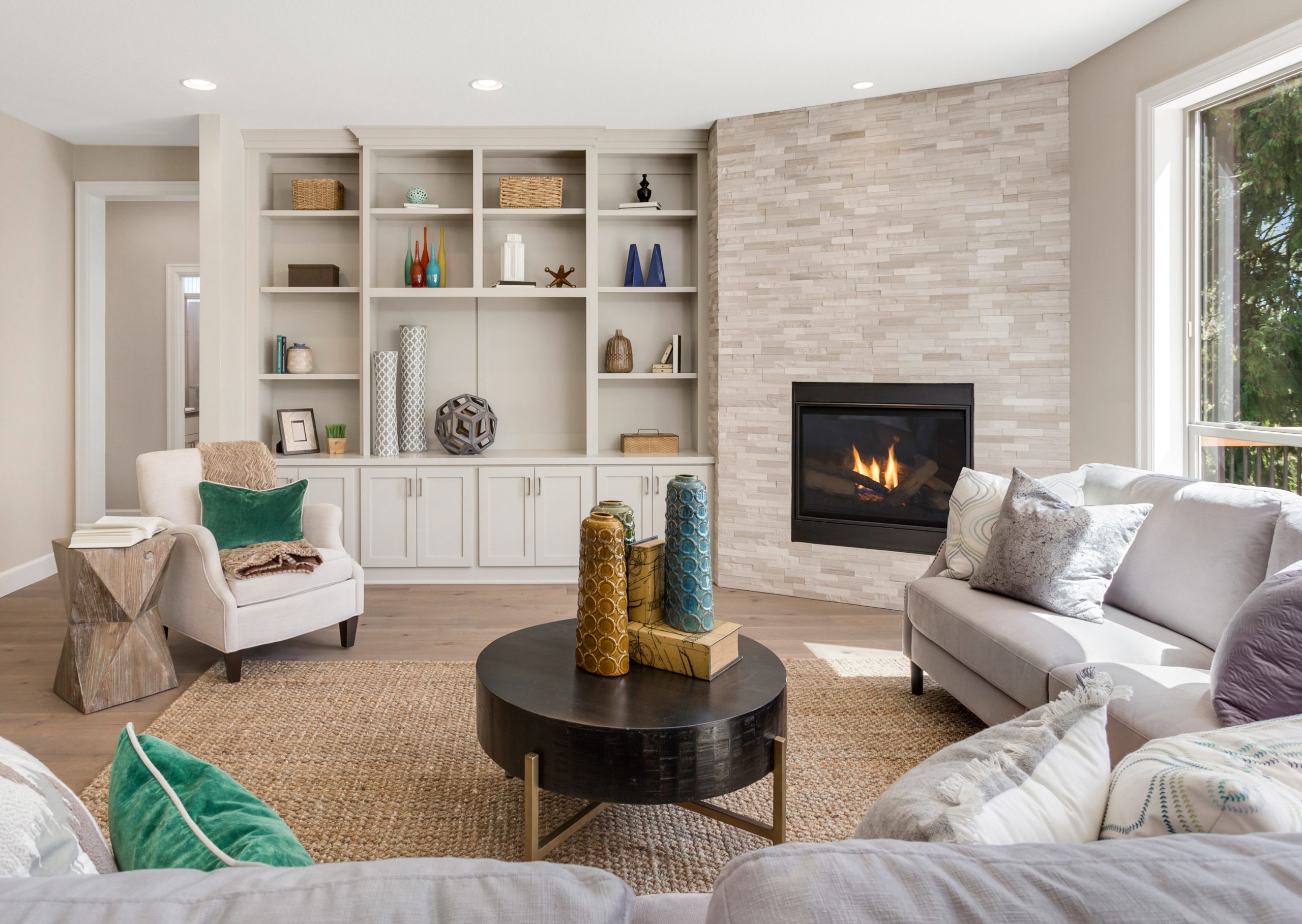Do you dream of buying a vacation home? Maybe you’re reading this after spending a wonderful day on the beach and dreaming about how nice it would be to own a vacation home in that bucolic shore town.
It can be more than a dream. A vacation home – at the beach, a mountain get-away, a snow-bird retreat, or in your favorite distant town – could become a reality, but there are many considerations to weigh before jumping in.
First, of course, can you afford it? Also, it’s important to figure out what you’ll do with a second home: use it almost every weekend, or just a few weeks a year, or rent it as an income-producing property. There are also plenty of lifestyle issues to consider.
We will outline some of the pros and cons of owning a vacation home, starting with the finances.
The Cost of a Vacation Home Can Be High
After more than a year of soaring prices, there have been some signs of cooling in the second-home market recently, even though the Jersey shore remains red-hot. Belmar and Princeton-area real estate attorney Randie Ehrlich says “prices are insane” because of the lack of homes for sale.
Linda Sharkus, a Weichert sales associate in Spring Lake, N.J., says houses in her area typically sell above the list price. “Almost everything is turning into a bidding war,” she says. “The market is so hot that people need to act within a day or two of a home going on the market.”
Nationally though, the National Association of Realtors says rising prices and higher mortgage rates are slowing demand after a pandemic-driven boom in the sector. The group notes that “more potential home buyers may be getting priced out of second homes.” Even fixer-up properties are expensive.
Is Now the Right Time to Buy a Vacation Home?
Here are some things to consider when deciding if you should jump into the vacation home market:
- Do you have the cash needed for the down payment (usually 10-20% of the sale price and sometimes more) as well as the closing costs?
- Will another mortgage payment fit into your budget? Mortgage rates have jumped this year to well above 5%, so the carrying cost on a second home could be much more than on your primary residence, adding hundreds of dollars to the monthly payment.
- How much Will you need for additional costs, such as taxes, maintenance, utilities, and insurance?
- Is the home in a development with a homeowner association? If so, there are likely HOA fees to be aware of.
In addition to the considerations above, home ownership always has unexpected costs as things break and improvements need to be made.
Making it an Income Generating Property
Unlike your primary residence, your vacation home offers the potential to generate income if you rent out the property. In certain markets, you can earn enough to pay most or all of the ownership costs but renting rules can be complex.
The IRS generally has different rules on whether you use the property primarily as a vacation home or investment. The cut-off point is renting it out for less than 15 days a year. Beyond that two-week mark, the rules get tricky, and the revenue generated must be reported as taxable income. Less than 15 days of rental income is not taxable. But if you use the home for 15 days or more, you may not qualify for a mortgage deduction on your income taxes.
Also, if you want the property to be an income generator, consider the potential issues with being a landlord. You can retain a property manager to handle a lot of the work. As a rule of thumb, the cost is about 10 percent of your monthly rental income.
You can learn more about the tax rules for rental income here, but it’s worth consulting with a tax professional before making the leap. Buying with the intent of renting could also raise your mortgage rate and closing costs. It’s also important to check whether local zoning laws or HOA rules restrict rental properties. On the upside, projected rental income can help you qualify for the mortgage.
Beyond the Dollars
If you can make the finances work, a vacation home –at the beach, in the mountains, or in a distant city – can provide rewards beyond measure.
Many people who have a second home rave about the satisfaction of knowing that a getaway is so easy. You don’t have to plan, you don’t have to pack, and you don’t have to worry about what to do with the dog. A vacation home often becomes the place for friends and family to gather. Many people say their vacation home is a magnet for their adult children and grandkids.
For many people, owning a second home means vacationing more often and for more extended periods. They say you can’t put a price tag on emotional satisfaction.
Some skeptics, however, worry that the investment in a second home – both financial and emotional – ties you into that spot at the expense of other travel opportunities. People often feel obligated to spend lots of time in their second homes and miss other opportunities.
Other Considerations of Buying a Vacation Home
As we’ve all seen, the number and intensity of hurricanes and other natural disasters have increased, partly due to climate change. That has significantly raised the cost of insurance for many vacation properties, especially ones along the coast. Most standard homeowner policies exclude or limit coverage for damage from flooding, so you may need to buy an increasingly expensive flood insurance rider.
Finally, the biggest financial benefit is the expected long-term gain in the value of many sought-after vacation properties. Of course, there are no guarantees, but the track record of making a hefty profit on the re-sale is pretty strong.
One vacationer who bought a property on Long Beach Island many years ago says the value “has added a whole bunch of zeroes” over the years.
As you can see, there are many things to consider when deciding if you should buy a vacation home. Consult with your financial planner before taking the leap to ensure you’ve considered all the financial implications.



